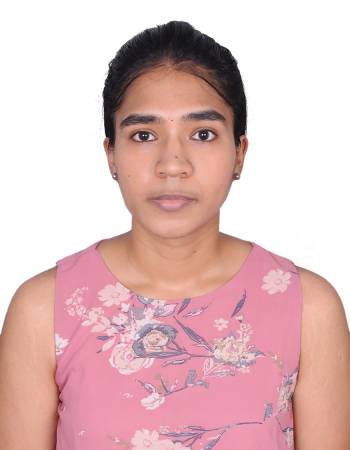
MSR Thesis Defense
July

Abstract:
The main challenge in determining the optimal allocation is the exponential growth of the number of possible allocations with the number of maps and agents. To mitigate the computational challenge, we present a branch and bound-based algorithm with pruning techniques that reduce the number of allocations to be searched to find the optimal allocation. To reduce the branching factor in branch and bound, we propose two approaches for clustering information maps before allocation: k-means and minimum bounding sphere clustering. These clustering approaches leverage the similarity between information maps to approximate the cluster of maps that should be assigned to a single agent. Testing on 70 randomly generated test cases shows an order of magnitude improvement in runtime for our branch and bound approach compared to an exhaustive brute force approach. Using similarity clustering, the runtime further reduces by two orders of magnitude while maintaining good quality allocations with an average 20% deviation from the optimal minmax ergodic metric.
Committee:
Dr. Howie Choset (advisor)